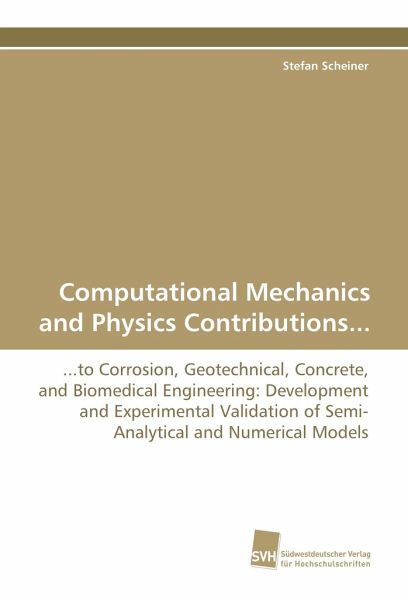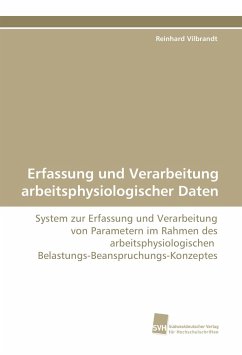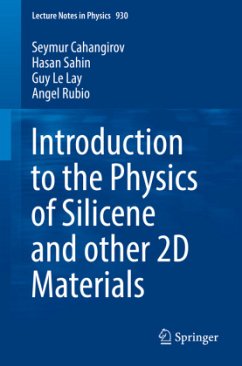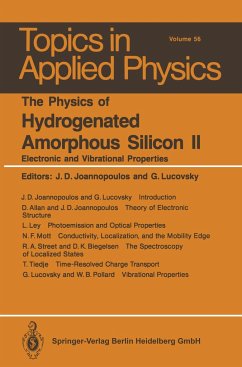
Computational Mechanics and Physics Contributions...
...to Corrosion, Geotechnical, Concrete, and Biomedical Engineering: Development and Experimental Validation of Semi-Analytical and Numerical Models
Versandkostenfrei!
Versandfertig in 6-10 Tagen
79,90 €
inkl. MwSt.

PAYBACK Punkte
0 °P sammeln!
The enormous possibilities of contemporary hardware and software products offered throughout the last decades have resulted in large scientific communities on computational mechanics and physics. Frequently, these communities are devoted to the study of the behavior of mechanical and physical systems, through systematic variations in model input parameters, and documentation of corresponding model outputs, in the case of so-called "virtual experiments". Such "virtual experiments" may well support important developments in engineering, but they are not sufficient for aiming at sound solutions w...
The enormous possibilities of contemporary hardware and software products offered throughout the last decades have resulted in large scientific communities on computational mechanics and physics. Frequently, these communities are devoted to the study of the behavior of mechanical and physical systems, through systematic variations in model input parameters, and documentation of corresponding model outputs, in the case of so-called "virtual experiments". Such "virtual experiments" may well support important developments in engineering, but they are not sufficient for aiming at sound solutions with long-term relevance for engineering practice. The latter require careful embedding of computational studies in a theoretical and experimental environment. In order to meet this requirement, we here adhere to a computational strategy involving sound physical and mathematical model development, appropriate semi-analytical or numerical solutions of governing equations, experimental model validation, and utilization of the predictive capabilities of the model for real-life engineering applications.












